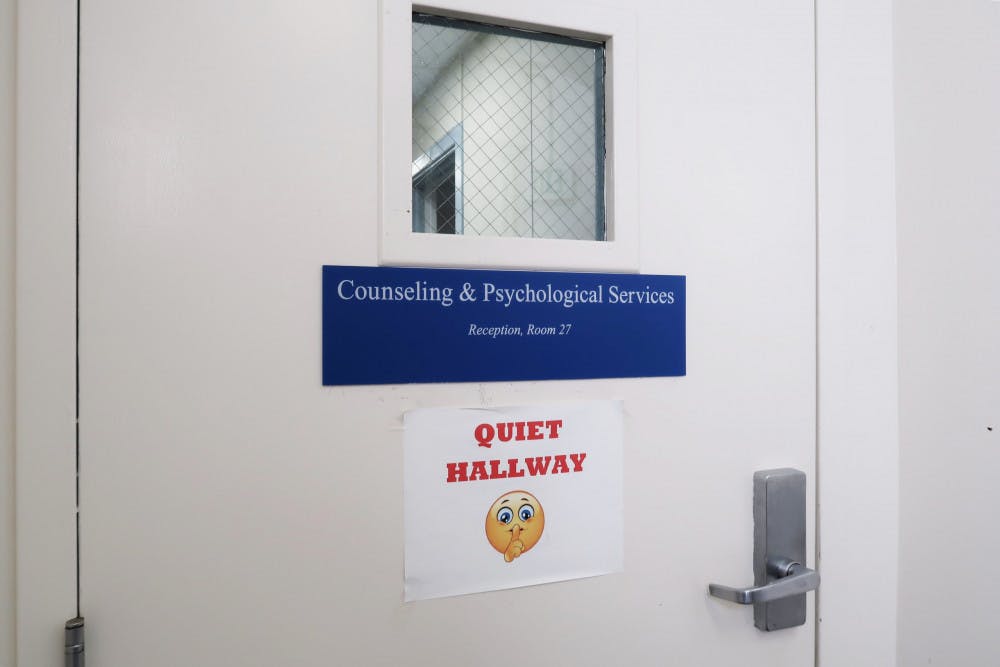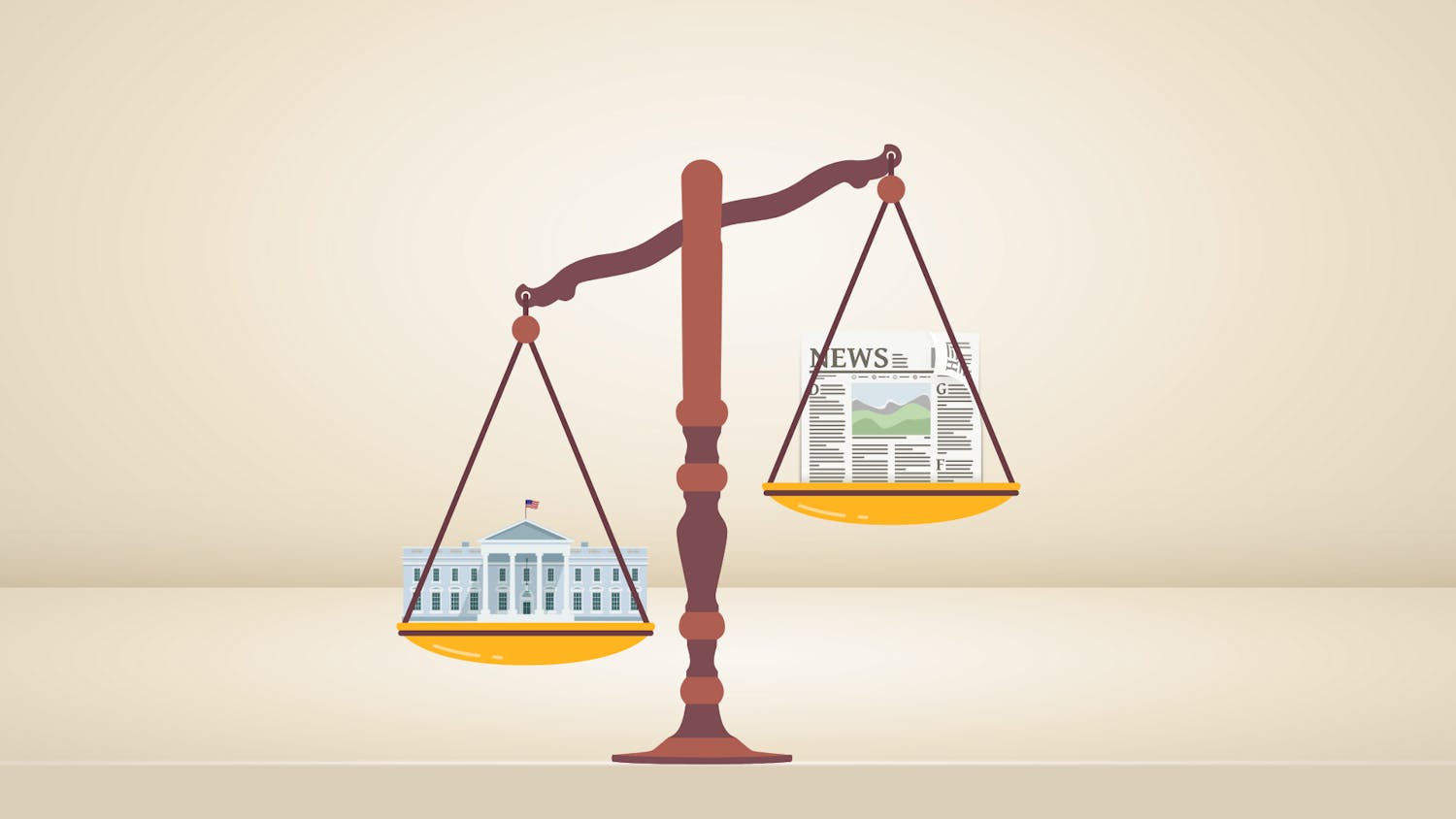September serves as National Suicide Prevention Month. With findings by the CDC showing an increase in mental health disorders, students and faculty are uniting to increase awareness on this matter.
Over the years, Seton Hall’s Counseling and Psychological Services (CAPS) has implemented “Campus Connect,” a program that provides suicide prevention training. While this year’s program will take place over Microsoft Teams, CAPS Director Dianne Agüero-Trotter said the program is designed to help people identify warning signs, offer help and have conversations about suicide.
Along with this training, Agüero-Trotter said they have planned collaborations with faculty to provide them with tools to help students. The Department is also enhancing its self-help website, which includes resources that students can access.
Since the start of the coronavirus pandemic in March, CAPS has pivoted from in-person sessions to confidential phone calls, which, according to Agüero-Trotter, have been well received by the student body.
“It doesn’t give you that same in-person physical connection, but some students find it so much easier because they can go anywhere private and connect with their therapist,” Agüero-Trotter said.
Cameron Thomas, a senior communications major, spoke of his experience with CAPS before the pandemic and said he had “a positive experience” and called it “extremely cooperative and hospitable.”
Thomas said he decided over the summer not to continue with CAPS remotely but praised its efforts of reaching out to him.
“While I did not choose to continue with CAPS remotely, I was pleased that they took the time to reach out and ensure that I knew that the resource was still available, should I need it,” Thomas said.
A recent CDC report shows that an estimated 40% of U.S. adults struggle with mental health or substance use in late June. The study associated this increase with COVID-19. Similarly, Agüero-Trotter said there was an increase in contact with students over the summer.
For some students like Anya Seehusahai, a junior diplomacy and international relations major, the beginning of the pandemic was a particularly tough period in terms of mental health. Seehusahai said she found it hard to adapt to a “new normal” and found the isolation and inability to go anywhere to be a weird, tough adjustment.
“At first, it was very tough adapting to everything because there was so much uncertainty, but now, I am doing much better,” Seehusahai said. “I am just appreciative of my health, ability to stay in school and my friends and family.”
She added that spending time with people and maintaining a constant line of communication with friends and family has helped her during these tough times.
“[It] emphasized the fact that the best gift you can give someone is your time,” Seehusahai said.
Agüero-Trotter emphasized living in the moment and being mindful of the present times as positive coping mechanisms. She also provided tips for someone that might be going through difficult times.
“Self-care and compassion for one’s self is the most important thing,” Agüero-Trotter said. “There are so many pandemics we are facing right now, including COVID and racial injustice, and I think taking care of one’s self and others is the most important.”
For several months, some have experienced some changes in the wake of the ongoing pandemic, Black Lives Matter movement and adjustment to online classes. Daniel Baluch, a junior marketing major, said she felt that these issues certainly impacted people’s mental health.
“I think there currently is a stigma around asking for help and around mental health,” Baluch said. “I feel that if you talk about your mental health issues or things of that nature, people might still think that something is wrong with them. Meanwhile, the truth of the matter is, we all go through things and it’s okay to ask for help.”
If you or someone you know is experiencing a crisis, you can call the National Suicide Prevention Lifeline at 1-800-273-TALK (8255) or text the Crisis Text Line by texting START to 741741 to get help.
Nicholas Hernandez can be reached at nicholas.hernandez@student.shu.edu.





